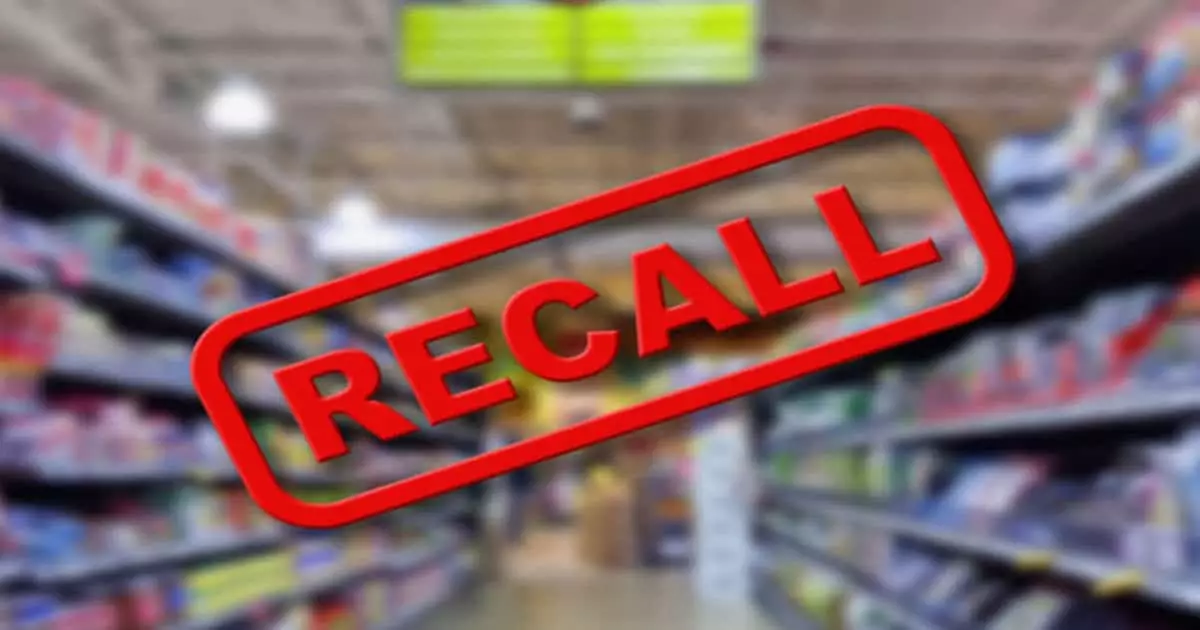The safety of pet food has become a topic of increasing concern for pet owners and health professionals alike. Recent findings by the U.S. Food and Drug Administration (FDA) underscore this apprehension, highlighting the discovery of dangerous pathogens in specific raw dog and cat food products. This alarming issue raises significant questions about pet food regulations, the brands individuals trust, and the broader implications for public health.
In a troubling analysis, the FDA reported that samples from Darwin’s Natural Pet Products, produced by Arrow Reliance, Inc., tested positive for harmful bacteria: Salmonella and Listeria monocytogenes (L. mono). Both pathogens are notorious for causing serious infections in humans and animals. The specific products under scrutiny include lots of the Darwin’s Natural Selections Antibiotic & Grain-Free Chicken Recipe for both dogs and cats. Owners are advised against feeding their pets from these contaminated batches, as the potential health risks are gravely concerning.
The affected products come packaged in 2-pound bags and are notable for their blue and green labeling. However, the severity of the situation is compounded by the fact that Arrow Reliance has not initiated a recall of these contaminated lots. Pet owners must remain vigilant and diligent in checking for the identified lot numbers to protect their pets from potentially fatal bacterial infections.
The FDA urges consumers in possession of the affected pet foods to dispose of them securely instead of donating. This is crucial, as improperly discarded food could pose health risks to other animals or wildlife. Besides disposing of the contaminated products, thorough cleaning of all pet-related items and surfaces is crucial to minimize cross-contamination risks. This includes food storage containers, feeding bowls, and any areas where pets may have spent time.
It’s vital to emphasize the nature of Salmonella and L. mono, which can infect not just animals but also their human caretakers. While pets might not always display signs of infection—such as vomiting or diarrhea—those infected can still shed bacteria in their feces, thereby contaminating the living environment. This presents a unique danger, as unaware pet owners may unwittingly expose themselves and others to these pathogens.
Humans infected with Salmonella often experience gastrointestinal distress, including diarrhea, fever, and abdominal cramps; the symptoms can escalate to severe cases requiring hospitalization. The Centers for Disease Control and Prevention (CDC) emphasizes the importance of seeking medical attention if these symptoms develop following exposure to adulterated pet food.
In the case of L. mono, which typically poses a higher risk to pregnant women, infants, the elderly, and immunocompromised individuals, the infection can cause severe illness, complications during pregnancy, or even death. The implications extend beyond the immediate danger of illness; pet food contamination can result in widespread anxiety among pet owners, prompting a lack of trust in brands that do not maintain stringent safety measures.
This incident raises the question of whether current regulations are adequately safeguarding pet health. Under the Federal Food, Drug, and Cosmetic Act, all animal food products should be safe and produced under sanitary conditions. Instances like this illuminate weaknesses within the regulatory framework, necessitating a more rigorous enforcement of safety protocols to ensure that pet foods are free from harmful substances.
Pet food manufacturers should be held accountable for maintaining high safety standards and transparency about their products. There is a crucial need for the industry to foster trust, which can only be achieved through proactive safety measures and responsive actions during health crises.
For pet owners, awareness is the first step toward safeguarding their pets’ health. By staying updated on safety recalls and being knowledgeable about which products to avoid, owners can make informed decisions that promote both their pets’ well-being and their own. The FDA’s recent warnings serve as a timely reminder of the risks associated with raw pet foods and the critical importance of rigorous safety standards in the pet food industry.
As food safety continues to be a pressing issue, consumers must remain vigilant, and manufacturers should prioritize the health of pets and their owners alike. This approach will help mitigate the risks associated with contaminated pet foods and bolster the well-being of our furry friends.

